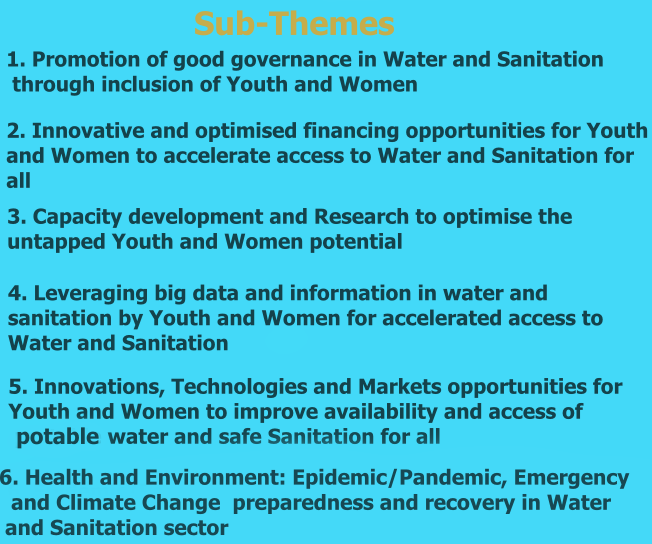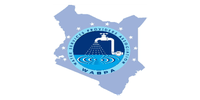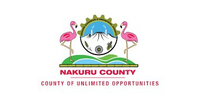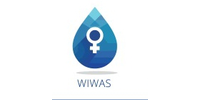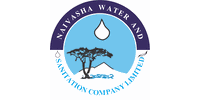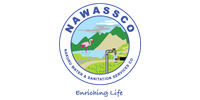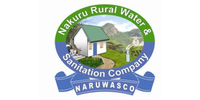ABOUT THE CONFERENCE
The Water Services Providers Association (WASPA) together with her partners, the Ministry of Water, Sanitation and Irrigation (MWSI), the County Government of Nakuru, and Women in Water & Sanitation Association (WIWAS) will host a Youth and Women Water & Sanitation Conference from June 30th to 2nd July 2021.
OVERALL GOAL
The overall goal of the conference will be to enable stakeholders to share good practices, deliberate on prevailing challenges, and formulate strategies to leverage youth and women potential in order to accelerate realization of universal access to potable water and safely managed sanitation services.
CONFERENCE THEME
Unlocking potentials of Youth and Women for sustainable water and sanitation services
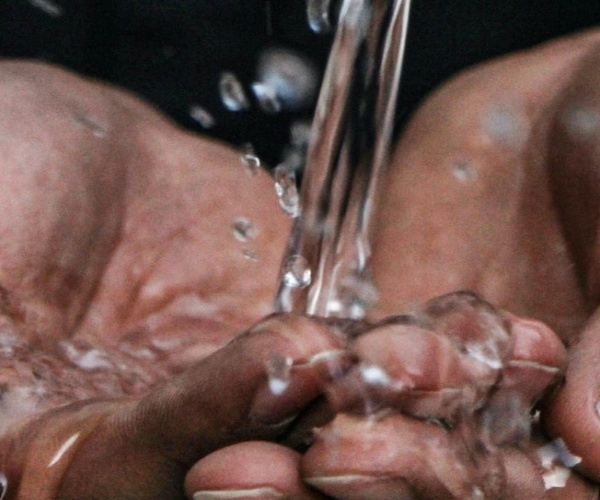
CALL FOR ABSTRACTS, EXHIBITORS & CONVENOR SESSIONS
Submissions are welcome for Exhibitions, Oral and Poster presentations. To apply for a Convenor sessions, please download "Convenor Session Application form" and send completed form to waspaywc2021@gmail.com
Download Convenor Session Application Form
CALL FOR YOUTH & WOMEN INNOVATION AWARD
The award seeks to recognize innovative solutions from youth and women in Kenya that promote access to water and sanitation services that make a difference in promoting healthy, safe, and productive lives for all. For more information see here.
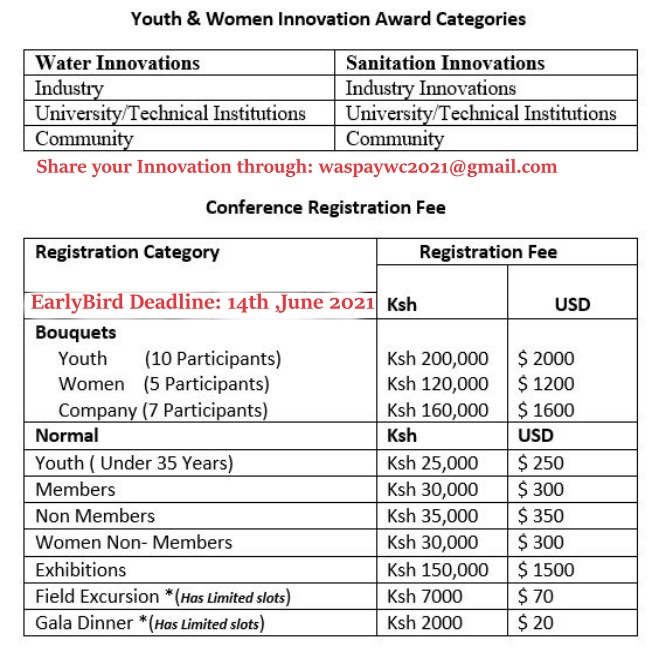
WHAT AND WHY?
Kenya's progress towards achieving Sustainable Development Goal 6 has been slow, with only 59% and 29 % water coverage and sanitation, respectively (JMP, 2019). With less than ten years to go, Kenya must act fast if it is to achieve water and sanitation for all by 2030.
Women and youth are largely responsible for household water, sanitation and hygiene management and bear a disproportionate burden when these basic services are lacking. However, they are often left out of critical discussions and decisions relating to water and sanitation.There is evidence that women and youth participation in water and sanitation decision-making and governance can lead to their social and political empowerment and can enhance performance outcomes for the household and community.
There is also a need to invest in developing the next generation of water and sanitation leaders through fostering partnerships among training institutions, water utilities and counties to encourage professionals to study water and sanitation, and water resource management, and move into technical and leadership roles. Read Full Concept
